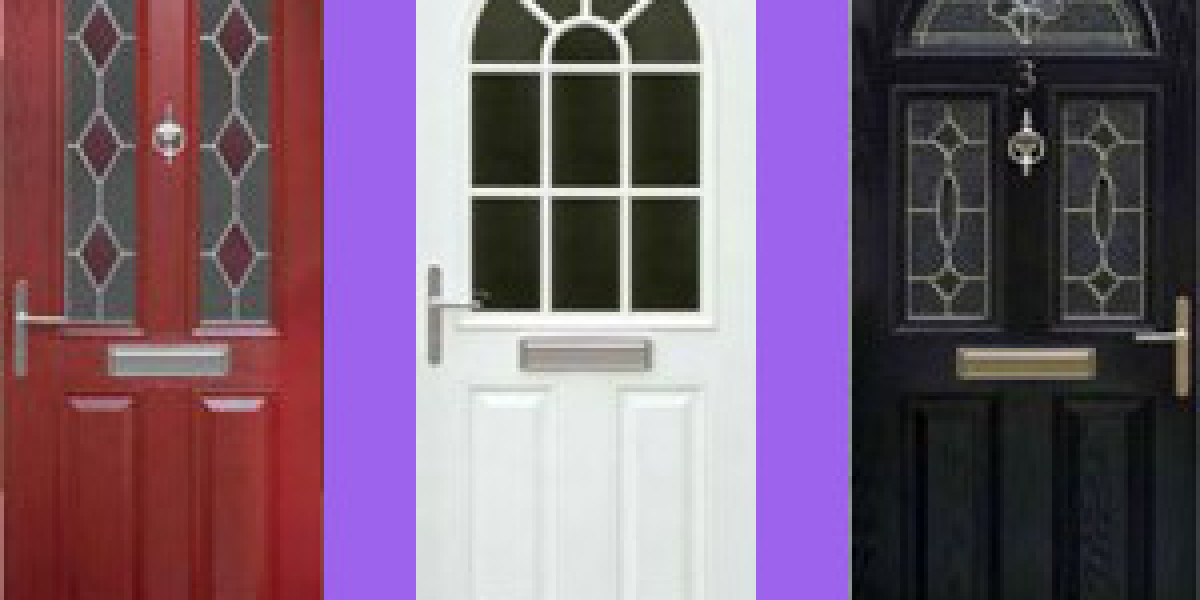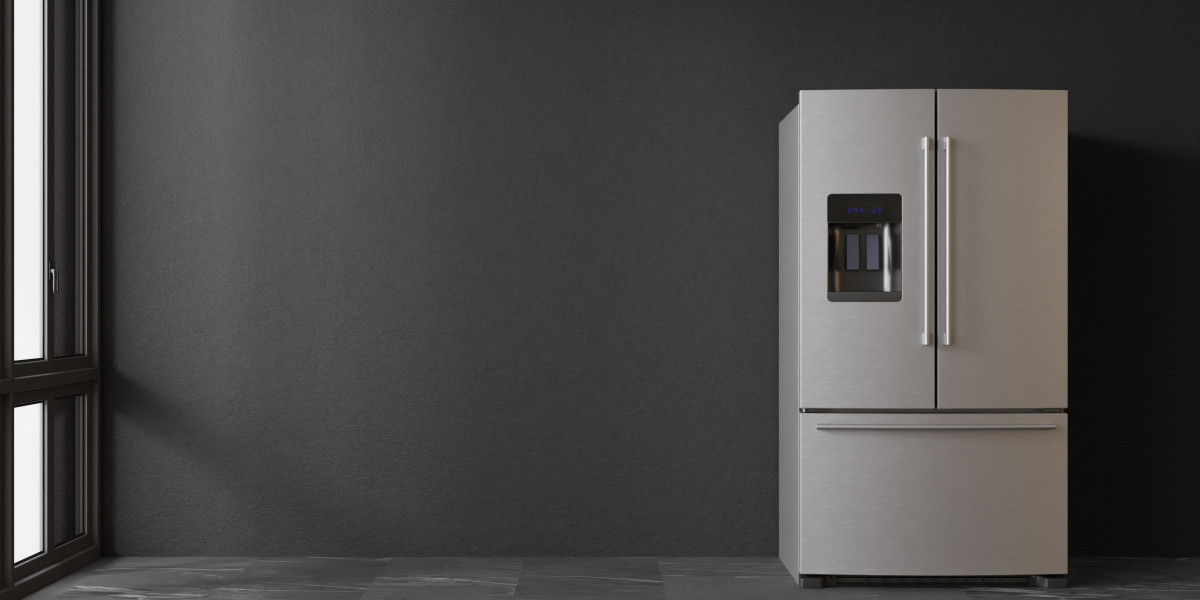 Tips For Repairing Window
Tips For Repairing WindowMany windows require Upvc Door repairs near Me (repairmywindowsanddoors.co.uk) to ensure that they open and shut correctly. If the seal is broken and causing energy bills to increase or your house to feel drafty, fixing your window can save you money in the long term.
You can fix hinges that are stiff by using a ratchet remove the cover on the operator's device or a little oil. Repairing a damaged or cracked window is also possible for a DIYer.
Cracked or broken glass
If your window is broken or cracked glass, it's important to fix the issue as quickly as you can. If you ignore the crack, it can become worse and cause airflow issues in your home. A professional can help if you're not sure of your ability to repair the crack on your own.
There are several ways to repair your window, based on the severity. The easiest option is to cover the crack with clear tape. This will protect your family from being damaged by glass shards but still allowing air and sunlight to pass through. If you'd like to go further, you can also make use of epoxy. This is a labor-intensive method, but it can provide a more attractive finish.
You'll first want to clean around the crack. Dip a cotton rag in a solution of water and soap and then gently scrub the area that has cracked. After the window has dried, apply the epoxy according to the directions on the package. When the epoxy has hardened then use a putty knife to remove any excess and sand it until it is smooth. surface.
The most frequent type is a stress crack. They typically start at the edges of the glass and meander across the entire pane. These are usually caused by temperature fluctuations in your house, and can worsen over time.
If one pane of a double-pane window is broken then you'll need to replace the entire unit. These windows are made of two parts that work together as one unit. This is distinct from regular windows, which are replaced with a new window frame.
To replace the glass pane on double-paned windows it is necessary to remove the glazing points or clips that hold the window in position. If you're replacing a broken pane, ensure you keep track of the pieces so that you can replace them in the future. You'll need to scrape the old putty off and then apply the new one for different kinds of windows.
Stained Glass
The tiny pieces of glass that comprise stained glass windows are tough and fragile. A rough treatment, a collision with hard objects or a sudden change in temperature can crack and break the glass.
Even if a piece glass is damaged It can be repaired, and avoid the expense of taking and replacing the panel. Stained glass experts can use different methods to repair the damage, such as re-leading or re-foiling, soldering, painting or patina, and adding new glass.
Repairing or replacing damaged stained glass can be difficult and time consuming. It is essential to employ a professional who knows the various methods of repair and can select the one that works best for your specific project. The reversibility, strength and visual impact of each repair method will vary, so each one must be assessed on a case-by-case basis.
Re-leading is among the most popular methods of repairing damaged glass. A skilled artisan can cut a piece of soft ductile lead known as came, to size and carefully bend it back to fit the crack. After the piece has been bent, it is then soldered into place and then cement is used to hold it in its place. Once the cement has dried, the crack can be polished, cleaned and sealed.
A second way to repair broken leaded glass is noting the crack, and then re-leading the piece of glass. This is a more labor intensive and costly process, but it can be successful. The glass that has cracked is removed, cleaned, and sanded to smooth out the surface. Then a lead knife or pincers are used to take out the lead that was previously there and clean off any oxidation or mold growth. Once the old lead is removed, the sanded surface the glass is cleaned and the new lead is formed to neatly adjoin the damaged area and soldered in place.
An easier option to fix stained glass that is sagging is to add reinforcing bars to the window. They are rebar-like support structures that are placed along the inside side of lead and connect to the frame to prevent it from sliding. The bars are often able to be hidden behind the foiling making them invisible.
Muntins and Mullions
Anyone who is familiar with windows might be familiar with the term "muntin." These vertical wood strips are used to separate panes of windows in traditional multi-pane windows. They are typically used in historic homes to maintain an authentic look and are often required by city ordinances when building or renovating in a historic district. Modern replacement windows typically utilize muntins to enhance the aesthetics of the window rather than for strength and stability. But, they can become damaged and if they are broken or rotting, it is possible to replace them with fresh pieces.
A lot of window companies today do not distinguish between muntins or mullions because they all have the same function. They are frequently interchangeable however, if you're replacing your windows it is essential to understand the distinctions so that you and your contractor can talk about the specifics of the work.
A mullion is the single vertical prop that holds panes of glass together in a multi-pane composition. This was a necessity prior to the invention of glass manufacturing technology because larger pieces were almost impossible to manufacture. Today's windows do not necessarily require mullions as the frames are constructed of two glass units that are glued to each other. Mullions are often used in older windows to support the frame and are often used for aesthetic purposes.
If your mullions show signs of aging you can easily fix them by applying a tiny bead of silicone on both sides of the muntin and then pressing it back into the frame. If you're replacing a horizontal piece, you may need to use a copingsaw to remove the old muntin and then form the top of the new muntin using a file. In other cases, you can purchase a muntin that is slightly different from the original one and it will blend perfectly.
Certain IGUs have both muntins (real mullions) and muntins (replicas) that are built in the unit solely for effect. If you are experiencing problems with these components, then it's likely time to replace the window.
Frame
You don't want to alter the appearance of your frame by painting it however, if you do require a touch-up using a sanding brush, you can use a sponge with a fine grit to remove any paint or stains. Use a dry rag to wash it again. Pay particular attention to the corners of the mitered joints. If these have popped open a little and you are unable to close them, try closing them gently and apply wood glue to keep them together again. You can also use vinegar to dissolve the old glue in these areas, but you might have to test it on one or two corners before applying it all over.
If the corners aren't tight enough and pose an issue it is possible to disassemble the frame in order to examine them, and then follow the steps 3 to 8 to fix it. If the separation is slightly on one side, it may be possible to let the joint open a bit by wriggling.
If the corners are utterly broken, you will need a small clamp, wood glue and needle-nosed pliers. If only the top or bottom corners are broken, you can often hit finishing nails (those are tiny nails that are similar to the size of the head) into the corner of the frame to ensure that it stays in place when the glue has dried. Make sure to not put the nails too close to the corner or they could cause damage to the corner. You can reinforce the corner with carpenter's glue and a hammer or wood putty.







